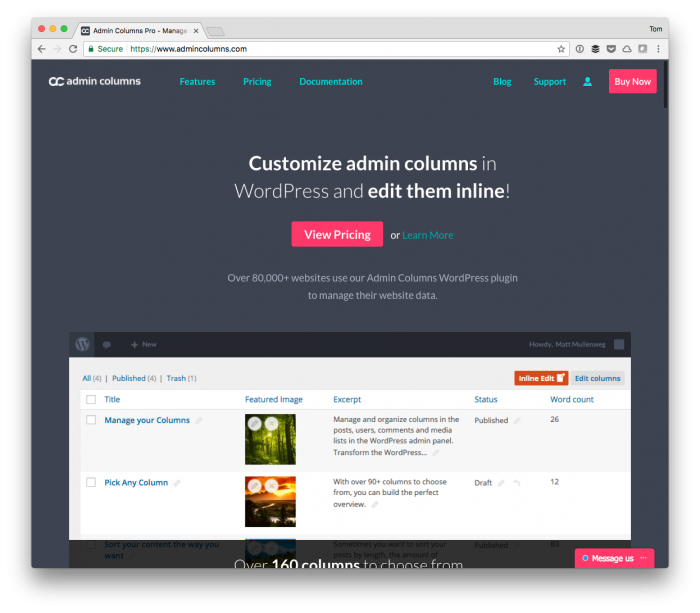When you’re working with PHP CodeSniffer, and you’re doing so in the terminal, you’re likely looking to output errors into something other than your IDE.
I mean, if that were the case, you’d just have it running in your editor, right?
But there are times where you may be interested in finding the problems in other people’s code. Perhaps it’s a dependency, perhaps it’s a third-party piece of software, or perhaps it’s a favor.
Whatever the case, if you’ve set up the project directory in a way that uses Composer to include PHP CodeSniffer and you’re using the WordPress Coding Standards, then you’re likely going to need to exclude files from PHP CodeSniffer when running the program.
And this is how you can do that.



